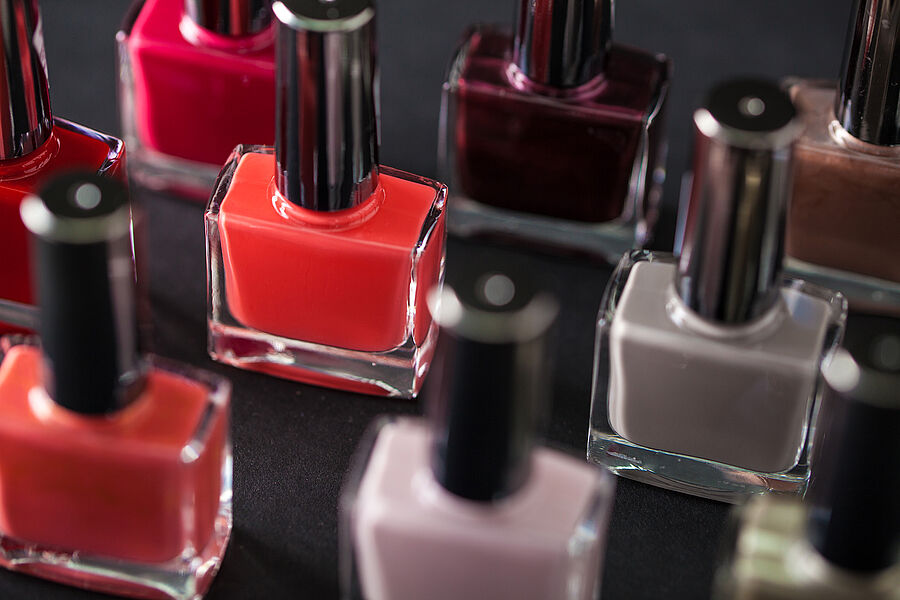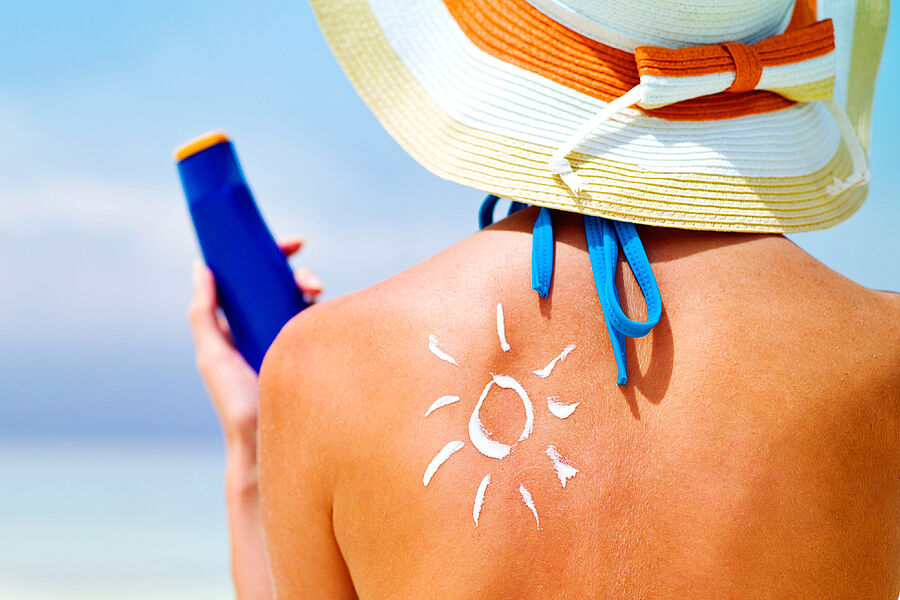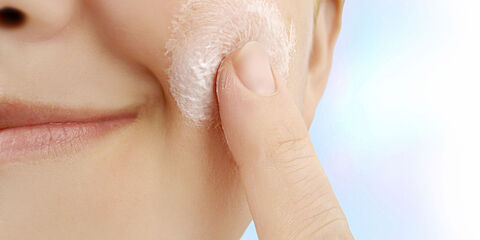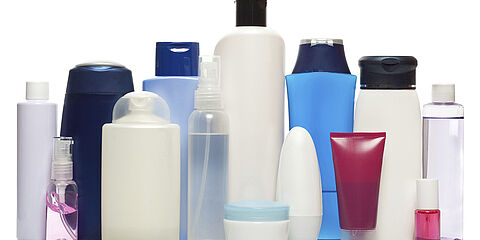EU-wide ban on benzophenone: What cosmetics companies need to watch out for now
Cosmetics producers need to take note that the ban of benzophenone (CAS 119-61-9) and the associated restriction of several UV filters has resulted in an urgent need for adjustments in product formulation and manufacturing.

Since 23 November 2023, the sale and distribution of products containing benzophenone has been banned in the European Union without a transitional period.
This step was taken due to the classification of benzophenone as carcinogen 1B by the update of the CLP Regulation 1272/2008. As part of the omnibus procedure, benzophenone was included in Annex II (list of prohibited substances) of the European Cosmetics Regulation (EC) 1223/2009 and is therefore also explicitly prohibited in cosmetic products.
The UV filters benzophenone-3 (CAS no. 131-57-7) and octocrylene (CAS no. 6197-30-4), which can split off benzophenone, are a particular focus of attention. For this reason, their use concentration has been restricted in Annex VI of Regulation (EC) 1223/2009.

Companies that manufacture cosmetic products and wish to place them on the market within the EU therefore need to adapt their formulations as quickly as possible to ensure compliance with the new regulations. If goods or raw materials are imported from abroad, it must also be ensured that they do not contain benzophenone.
Our cosmetics specialists will be happy to assist you with their expertise. Thanks to our state-of-the-art laboratory analyses, we have the necessary technology and expertise to detect the presence of benzophenone and related substances in cosmetic products. Our analytical procedures, followed by expert assessment, ensure regulatory compliance, and enable companies to bring their cosmetic products to market safely.
Find out more about our physicochemical testing services for cosmetic products here.
Your contact to our cosmetic experts
- Marc von Essen
- +49 2505 89-633
- cosmetics@wessling.de

„Tailor-made solutions for your specific needs – together we ensure that your cosmetic products comply with current regulatory requirements.“



